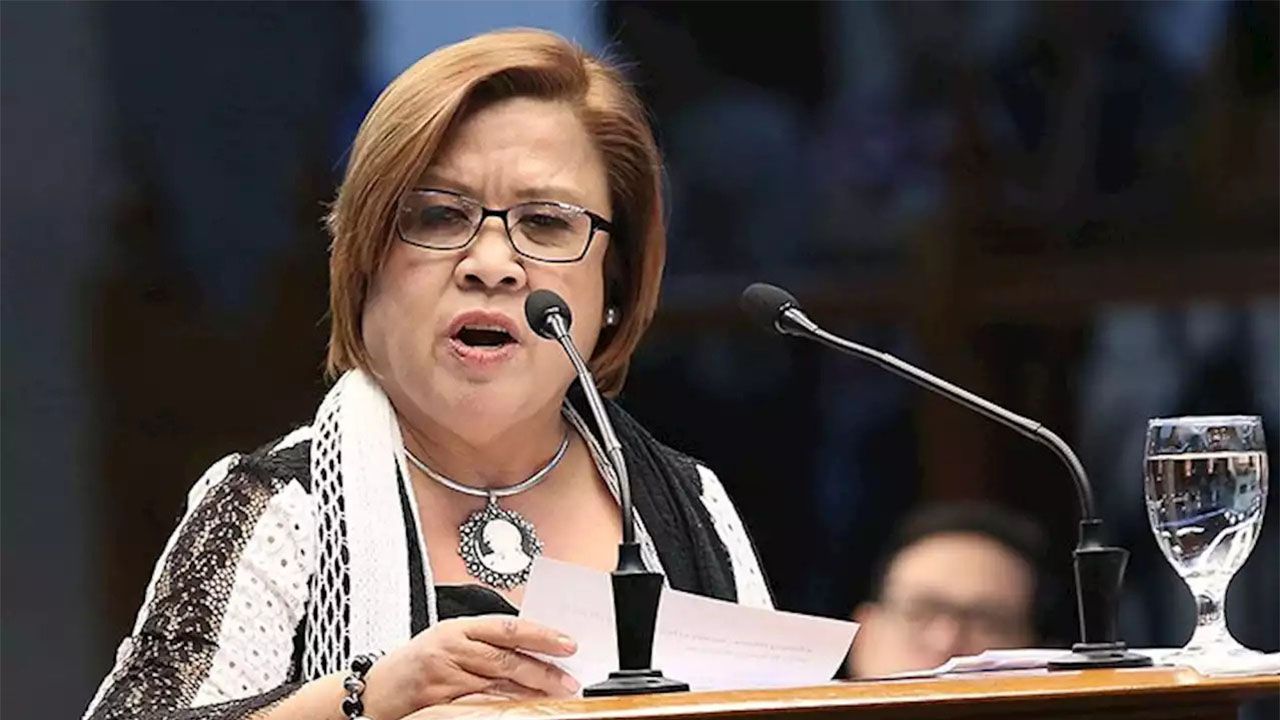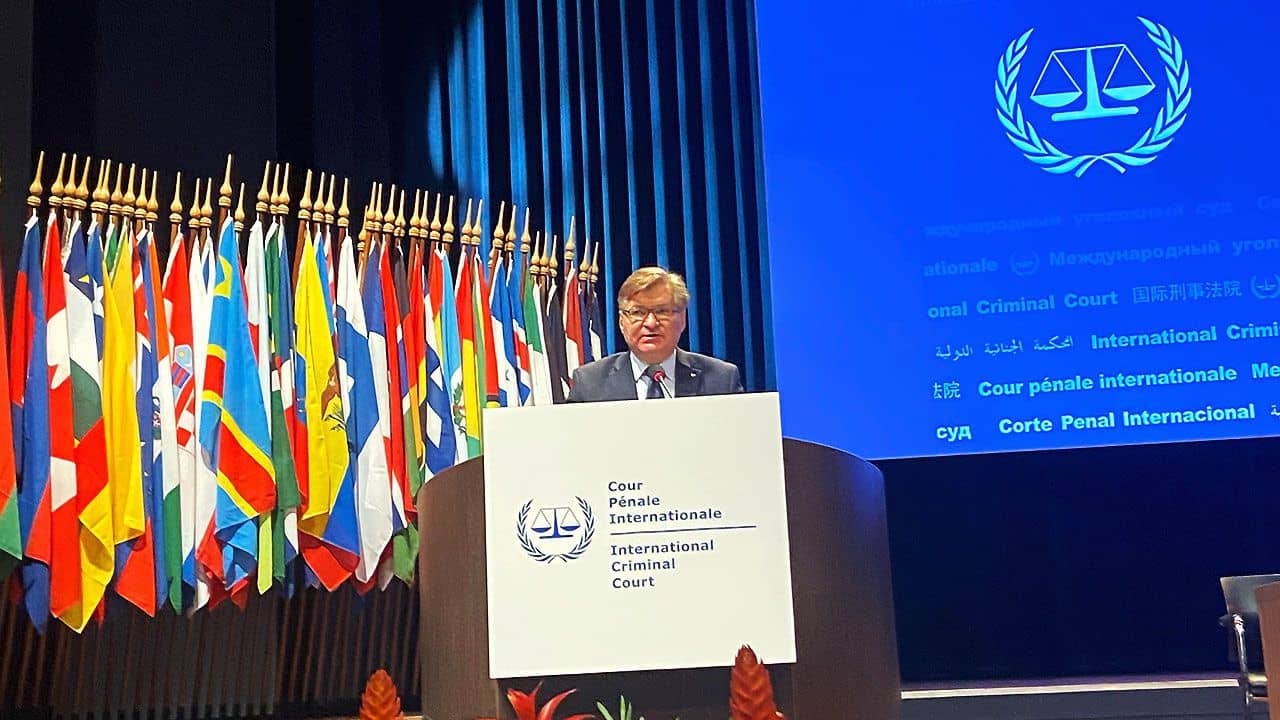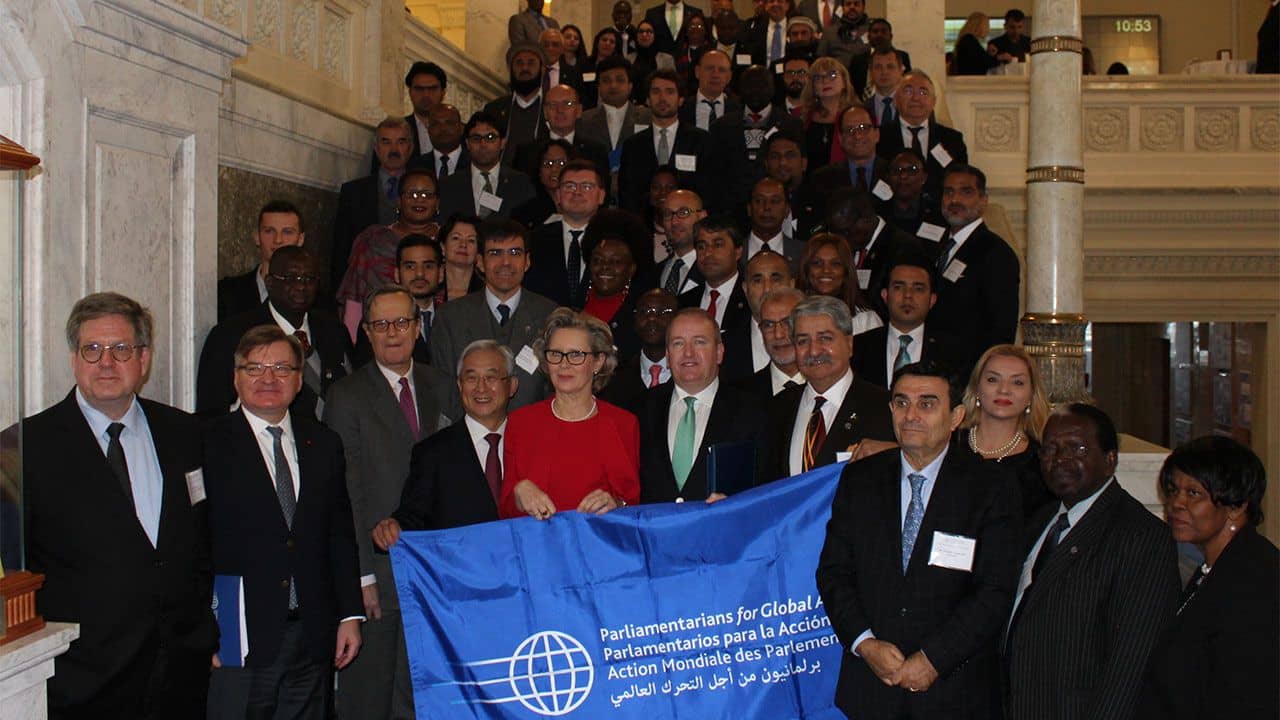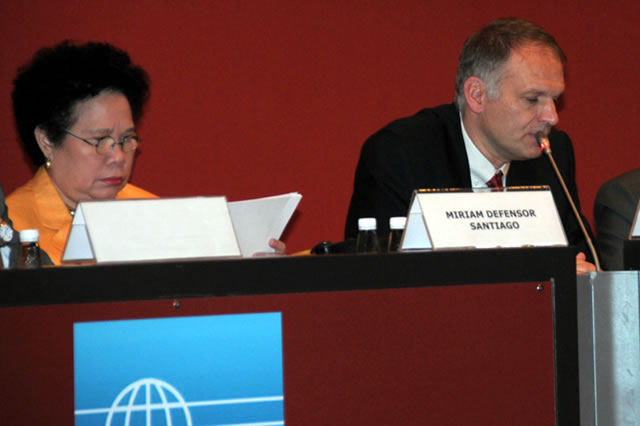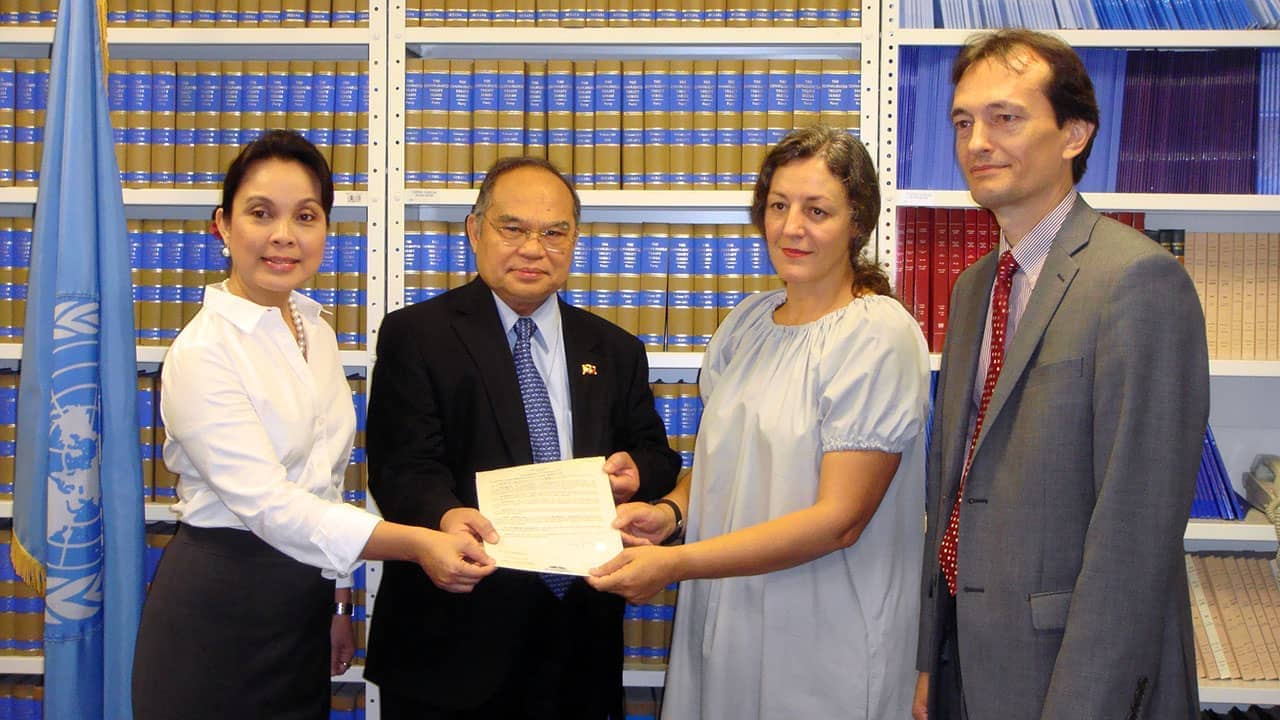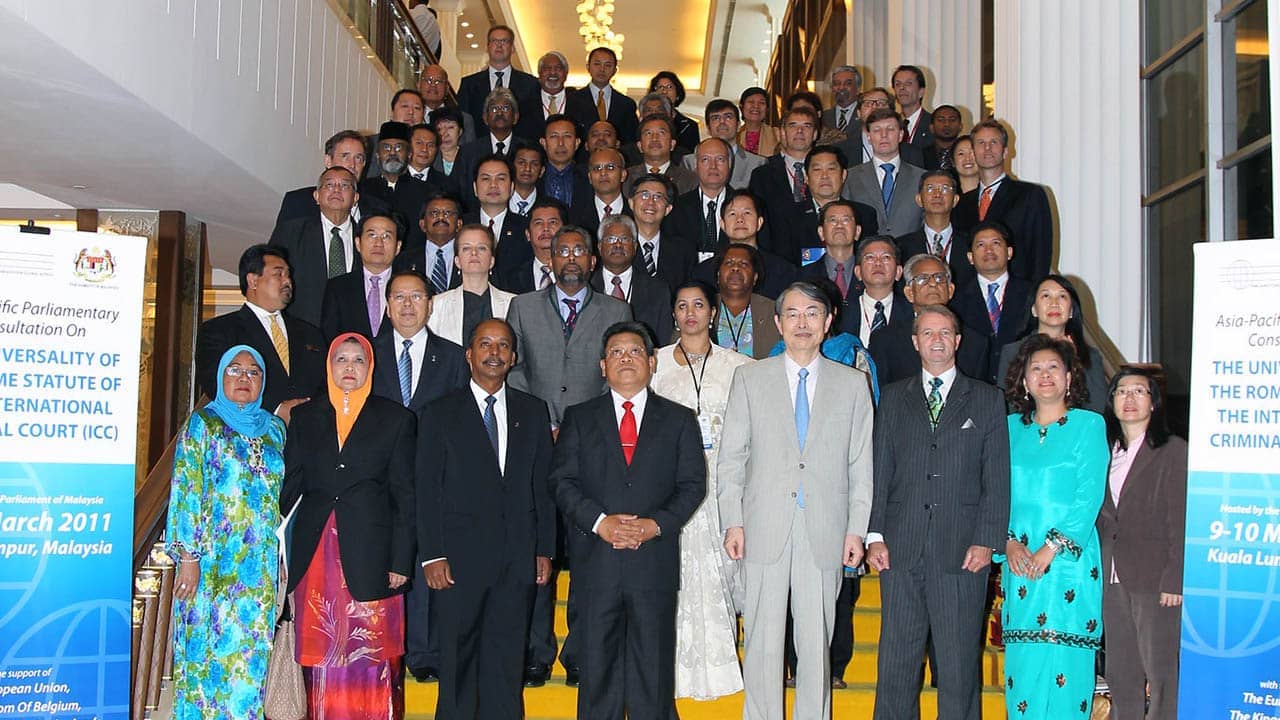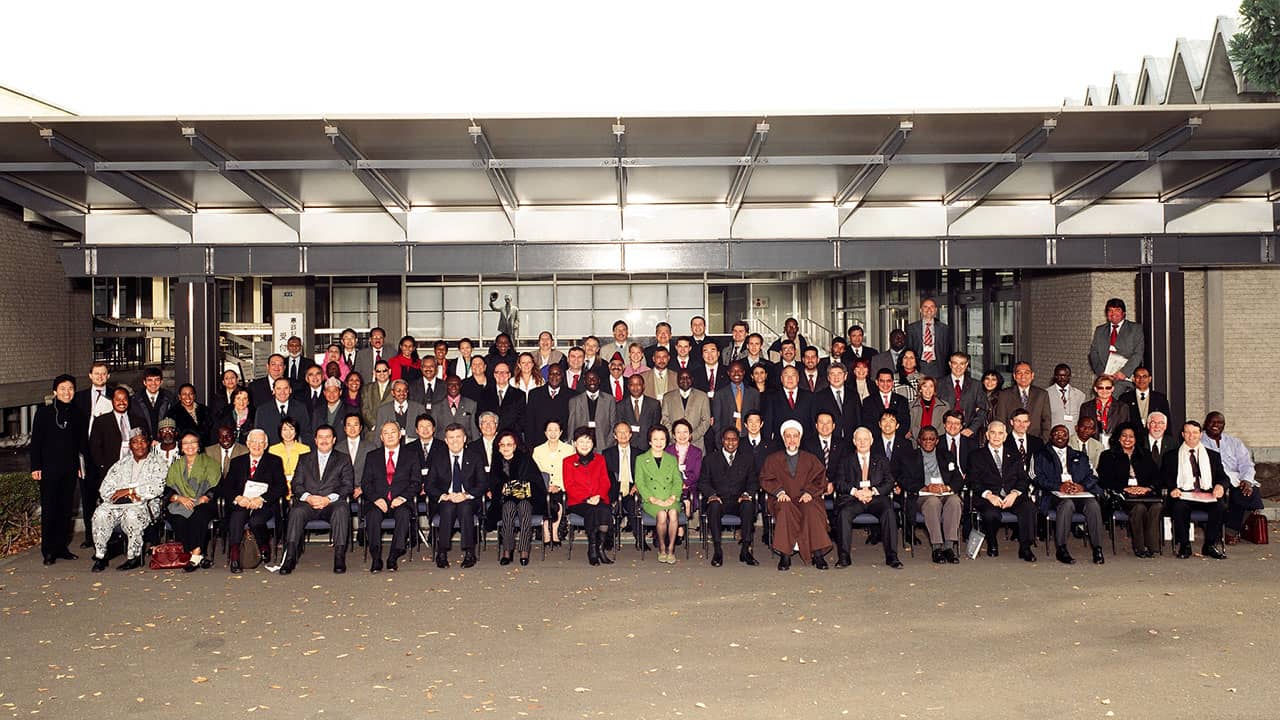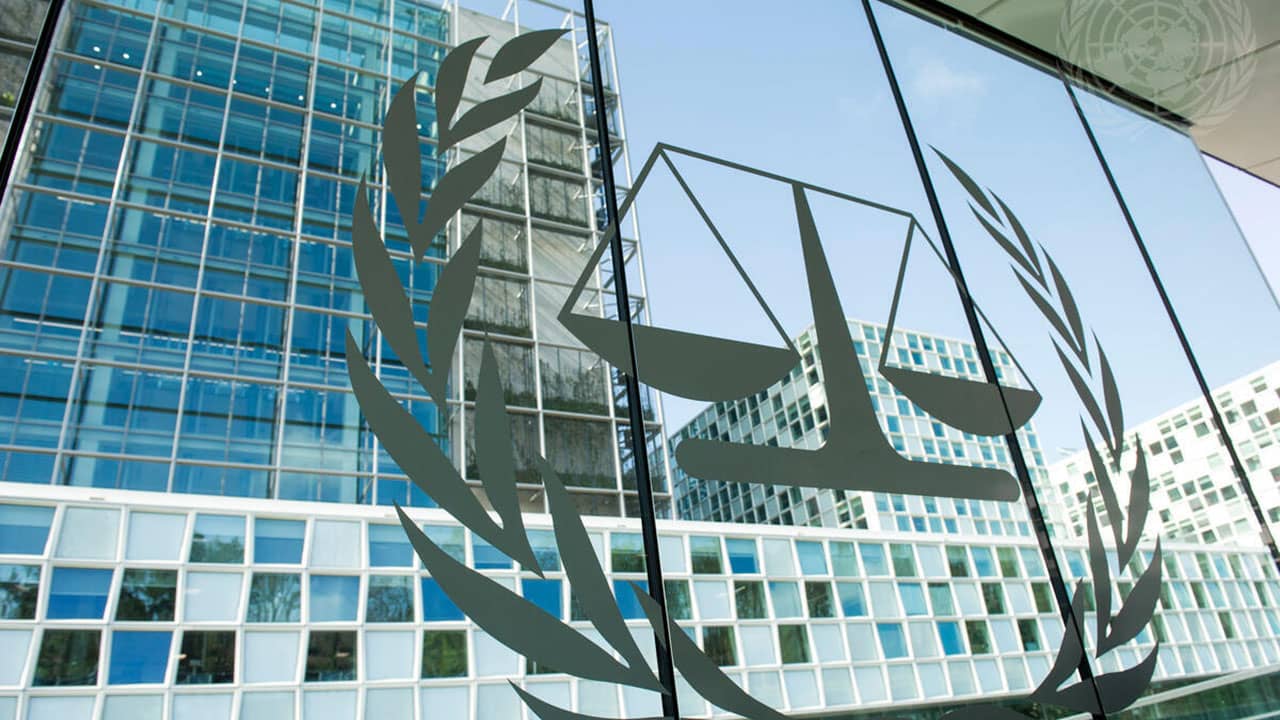Introduction
PGA has been working in The Philippines since 2005, when preparations started fora Meeting of the Working Group of the Consultative Assembly of Parliamentarians for the ICC on the Universality of the Rome Statute in Asia, at the National Assembly of the Philippines, seeking to accelerate the process of ratification. Participating Speaker of the House of Representatives, Jose DeVenecia, publicly declared his support to the ICC at this occasion.
Rome Statute
The Philippines signed the Rome Statute on 28 December 2000 and ratified the Rome Statute on 30 August 2011.
Agreement on Immunities and Privileges
The Philippines have not signed the Agreement on Immunities and Privileges.
Kampala Amendments of 2010
The Philippines have not ratified the Kampala Amendments.
Status on the domestic implementation of the Rome Statute
On 11 December 2009, the Republic Act No. 9851 - Act Defining And Penalizing Crimes Against International Humanitarian Law, Genocide And Other Crimes Against Humanity, Organizing Jurisdiction, Designating Special Courts, And For Related Purposes, which had been previously enacted on the 27 July by the Senate and House of Representatives of the Philippines in Congress, was signed the President Arroyo.
The Act 9851, also known as the International Humanitarian Law Bill provides a definition and penalties for crimes regarding international humanitarian law, genocide and crimes against humanity amongst other provisions. It also provides for criminal liability of commanders and other superiors under the principle of command responsibility; protection of civilians, non-combatants, witnesses as well as reparations to the victims. It further provides for the universal jurisdiction over persons, whether military or civilian, suspected or accused of the crimes defined and penalized under the law, and designates the regional trial court as having original and exclusive jurisdiction over the international crimes punishable under the law.
Agreement on Privileges and Immunities of the Court(APIC)
The Philippines did not sign the APIC.
Additional Agreements
The Philippines signed a Bilateral Immunity Agreement (BIA) regarding the surrender of persons to international tribunals, proposed by the United States, on 9 and 13 May of 2003, which entered into force on 13 May of 2003.
Progress and PGA Action
The Philippines ratification of the Rome Statute came just a week after the vote of the ICC Ratification Bill in third reading by the Senate of the Philippines, where PGA Member Sen. Miriam Defensor Santiago, Rapporteur on the Bill and chairperson of the relevant Sub-Committee, and PGA Member Sen. Loren Legarda, Chairperson of the Foreign Relations Committee, played a fundamental role in bringing about an almost unanimous(by 17 votes in favour and only 1 vote against) decision in support of this treaty.
Indeed, Senator Legarda's role in facilitating a Briefing by the President of the ICC, Judge Sang-Hyun Song in the Senate of the Philippines in March 2011 was key in this historic accomplishment. At the same time, Sen. Miriam Defensor-Santiago, MP attended the sub-regional conference held in March in Kuala-Lumpur, PGA Malaysian, which was organized in order to review current ratification and implementation processes of the Rome Statute in a number of countries in the region, with a view to identifying the most effective means to moving these respective processes forward.
On September 2006 the then President of PGA, Sen. Alain Destexhe (Belgium) met briefly with President Arroyo when she was on a State Visit to Belgium and inquired her about ratification.
Human Rights Council Universal Periodic Review
The Philippines have been reviewed during the 13thsession of the UPR in 2012 and have ever since received recommendations to implement the Rome Statute, adopt the Kampala Amendments and the APIC by several states.
The next UPR revision is scheduled to take place in January 2017.


